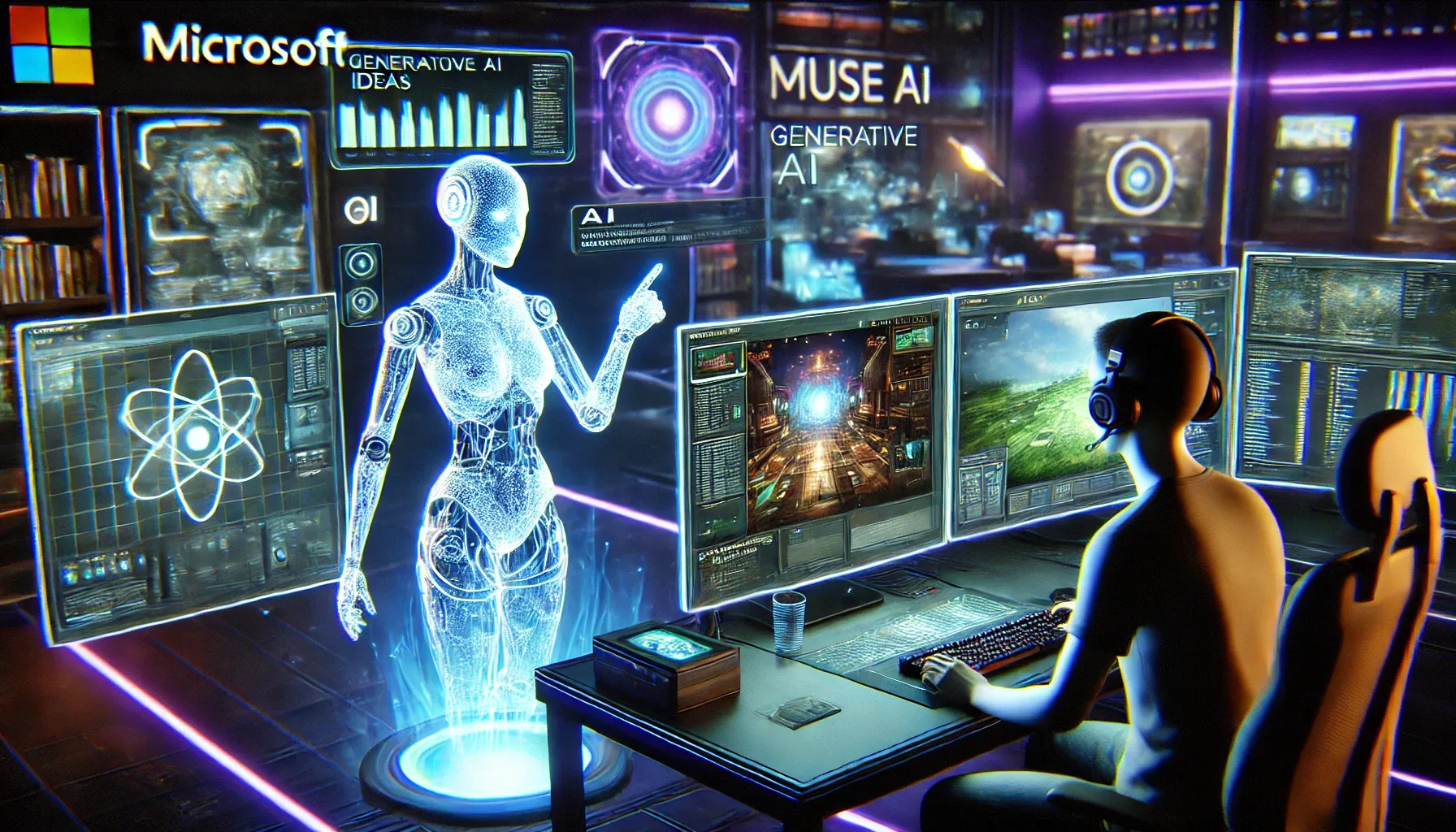Muse stands out as a state-of-the-art AI model that harnesses the power of a staggering 1.6 billion parameters and a dataset comprising 1 billion images and controller actions. This robust training, equivalent to seven years of continuous human gameplay, was primarily sourced from Ninja Theory’s action-packed title, Bleeding Edge. The data, collected with full user consent, fuels Muse’s capability to generate not just game visuals but also controller actions with an impressive understanding of 3D game environments.

Enhanced Creativity and Efficiency in Development
One of the most groundbreaking features of Muse is its ability to produce sequences up to two minutes long, during which it can predict the evolution of the game world. This AI doesn’t just adjust camera angles or path choices; it goes as far as introducing entirely new characters into the game, all while adhering to the established physics of the gaming world. Such advancements signify a leap towards more interactive and immersive gaming experiences, where AI can offer real-time adjustments and innovations.

Microsoft is already leveraging Muse to develop AI-trained models that can operate in real-time within games. This not only aids in testing new concepts swiftly but also enhances the potential for expanding upon existing game titles. Moreover, Muse’s application extends to rejuvenating retro games, enabling these classics to function seamlessly on modern hardware, thus bridging the gap between old and new gaming technologies.
Accessibility and Future Prospects
For developers eager to explore and implement Muse, Microsoft has made the model weights, sample data, and WHAM (World and Human Action Model) accessible through the Azure AI Foundry. Furthermore, to showcase the capabilities of Muse, Microsoft plans to release interactive AI game demos via Copilot Labs later this year.
This initiative not only underscores Microsoft’s commitment to innovation in game development but also sets a new standard for integrating AI into creative processes. By providing tools like Muse, Microsoft is not just offering a resource for game developers but is also paving the way for more sophisticated and engaging gaming experiences in the future.

Developers and gamers alike can look forward to exploring the potentials of Muse in the upcoming demos, anticipated to demonstrate just how much AI can transform the gaming industry. For more insights and a sneak peek at Muse in action, enthusiasts are encouraged to visit the official Microsoft demo page.










